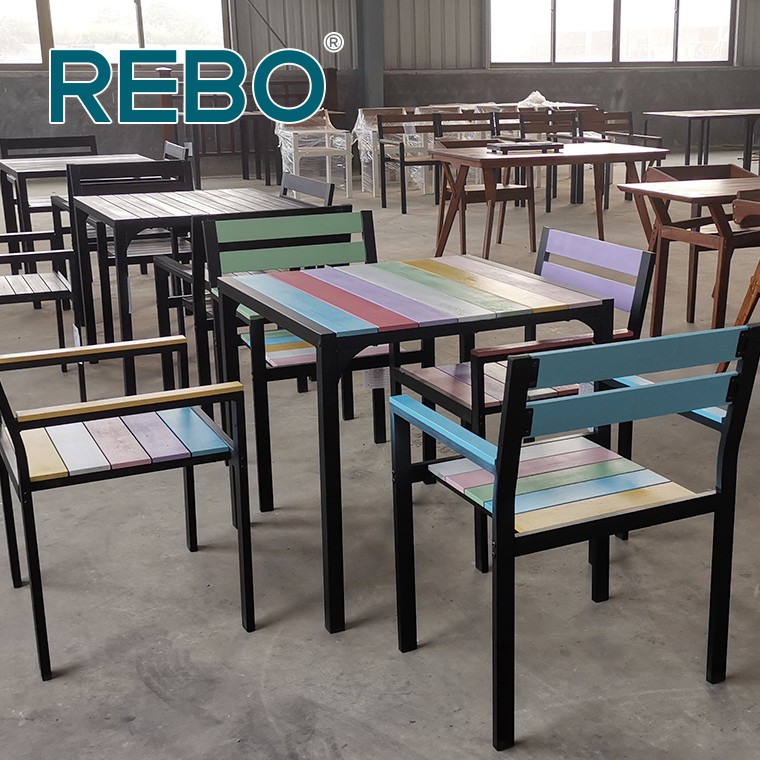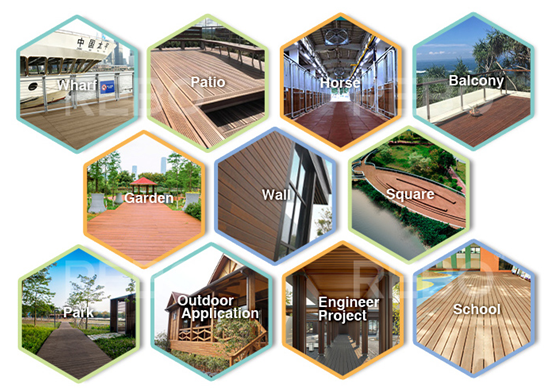Natural Bamboo As A Substitute For Plastic
In an era where plastic pollution has become a global environmental crisis, finding sustainable alternatives has never been more urgent. Among various solutions, bamboo emerges as a promising substitute for plastic, offering a perfect blend of eco-friendliness, versatility, and practicality. This ancient plant, revered in many cultures for centuries, is now gaining worldwide attention as a green alternative to petroleum-based plastics.

Bamboo's environmental advantages over plastic are remarkable. Unlike plastic, which is derived from non-renewable fossil fuels and can take hundreds of years to decompose, bamboo is one of the fastest-growing plants on Earth. Some species can grow up to one meter per day and reach maturity in just 3-5 years, requiring no pesticides or fertilizers in the process. Its extensive root system prevents soil erosion and promotes biodiversity, while its rapid growth rate makes it a highly renewable resource. When bamboo products reach the end of their lifecycle, they biodegrade naturally within a few months, leaving no toxic residues behind— a stark contrast to plastic waste that clogs oceans, landfills, and ecosystems.
The versatility of bamboo allows it to replace plastic in numerous applications. In daily life, bamboo has already made inroads into disposable products. Bamboo straws, utensils, and food containers have become popular alternatives to single-use plastic items. These bamboo products are not only durable and heat-resistant but also retain a natural aesthetic that adds a touch of elegance to everyday use. For packaging solutions, bamboo fiber materials are being used to create biodegradable wraps, bags, and boxes, reducing the need for plastic packaging that constitutes a significant portion of global waste.
In the realm of textiles and consumer goods, bamboo fibers are revolutionizing the industry. Bamboo-based fabrics offer breathability and softness comparable to cotton, while requiring less water to produce. From clothing to home textiles, these bamboo products provide a sustainable alternative to synthetic fabrics derived from plastic polymers. Even in construction and furniture, bamboo planks are replacing plastic-based materials, offering strength, durability, and a lower carbon footprint.

Beyond environmental benefits, adopting bamboo as a plastic substitute also brings economic advantages. Bamboo cultivation provides livelihoods for millions of farmers in developing regions, promoting rural development and poverty alleviation. The growing demand for bamboo products stimulates innovation in processing technologies, creating new jobs in manufacturing and research. As consumers increasingly prioritize sustainability, bamboo products offer businesses a competitive edge in the market while contributing to corporate social responsibility goals.

In conclusion, bamboo represents more than just a material—it embodies a shift towards a more sustainable and harmonious relationship with our planet. As a substitute for plastic, bamboo products offer a viable, scalable solution to one of the most pressing environmental challenges of our time. By embracing bamboo products in our daily lives, supporting sustainable industries, and advocating for eco-friendly practices, we can significantly reduce plastic pollution and move towards a greener future. With bamboo leading the way, the vision of a world free from plastic waste is becoming increasingly achievable.
